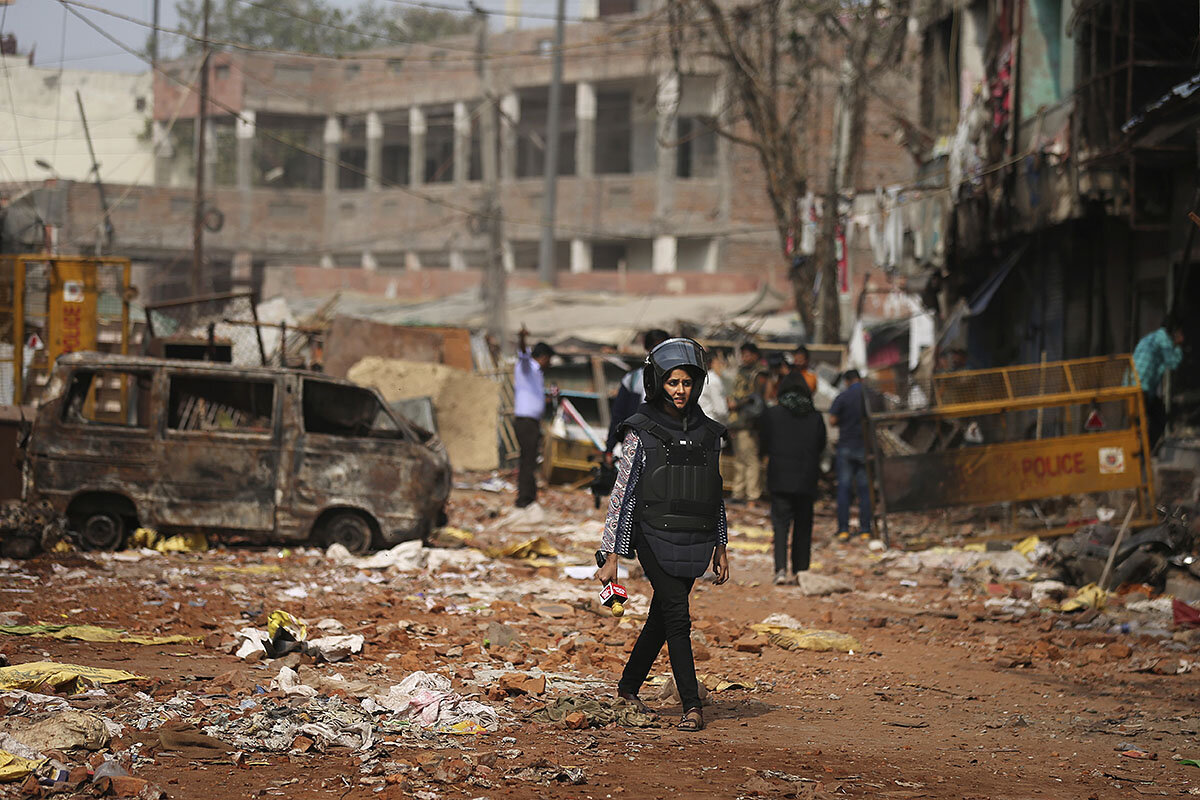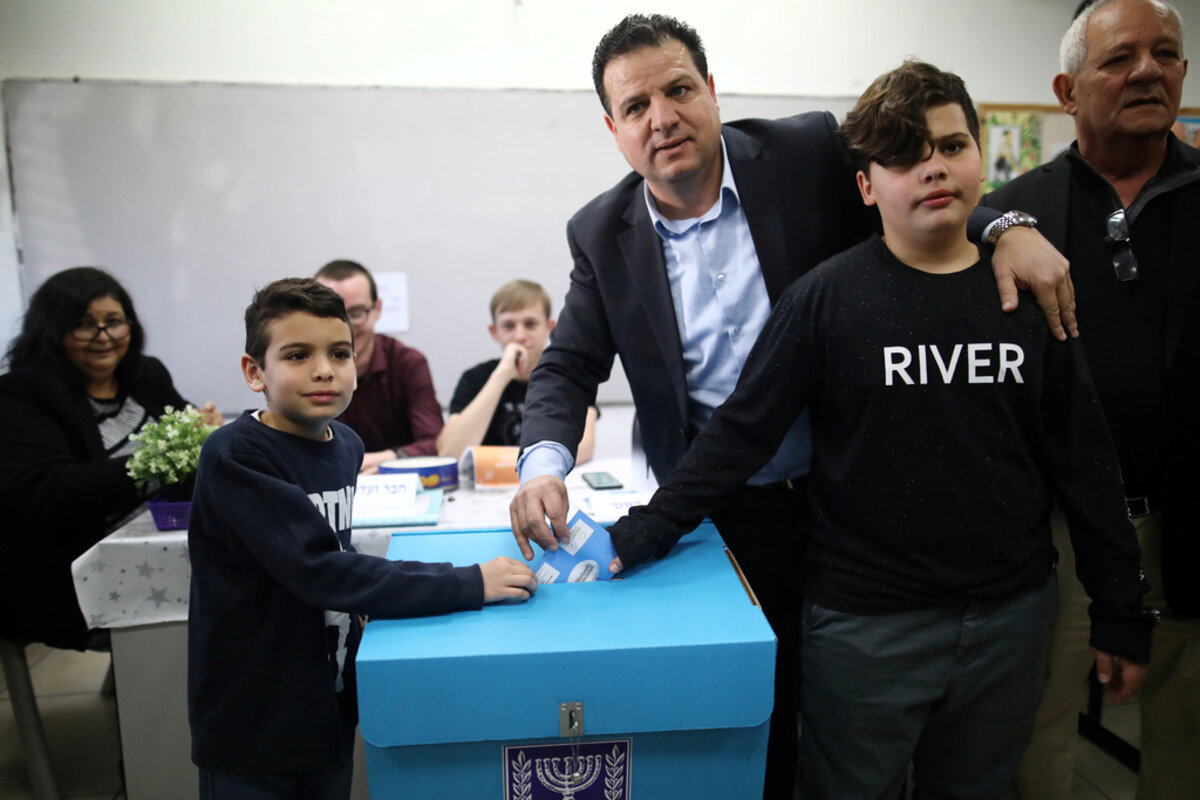Talk of a political revolution may inspire Sen. Bernie Sanders’ fans, but after four years of a Trump presidency, many rank-and-file Democrats seem to be yearning for a return to normalcy.
Monitor Daily Podcast
- Follow us:
- Apple Podcasts
- Spotify
- RSS Feed
- Download
 Noelle Swan
Noelle Swan
Today’s stories explore the promise – and limits – of the Sanders revolution, a growing segment of conservatives looking for climate action, a new kind of appreciation for kindness in Russia, a cry for justice in the wake of religious violence in India, and a strategy to break the hold of tech addiction.
Countries around the world are struggling to grapple with a growing problem. No, it’s not coronavirus – not directly. The subject of this particular anxiety: idle children.
From Hong Kong to Berlin, Milan to Tehran, parents are scrambling to figure out how to entertain the 290 million children whose schools are shuttered in an attempt to contain COVID-19.
In Berlin, the Monitor’s own Lenora Chu and her husband, who works for NPR, found themselves trying to juggle full-time jobs with two boys at home when the local school closed. Teachers have provided a couple of hours of online assignments each day – mandatory for the 11-year-old, optional for the 8-year-old.
Elsewhere, school is still in session – just virtually. In Shanghai, where Lenora and her family lived previously, students are live-streaming a full day of classes from home.
For Lenora and her husband, technology has been a double-edged sword. Normally the family has a rule prohibiting screen time during the week. That didn’t last long. “To be honest,” Lenora says with a hint of resignation, “my kids are basically sitting on their iPads all day.”
Those iPads have been able to offer a bit of normalcy during a disruptive time, becoming something of a virtual playground for the boys. Instead of gathering outside the school, they play and chat via text message with their classmates through the game Brawl Stars.
The parents aren’t thrilled about the hours of screen time, Lenora says, but “the kids are loving it.”
Tomorrow, we'll have a story from her and other reporters on how coronavirus offers perspective on what deglobalization might look like, and why the world can’t decouple easily.










